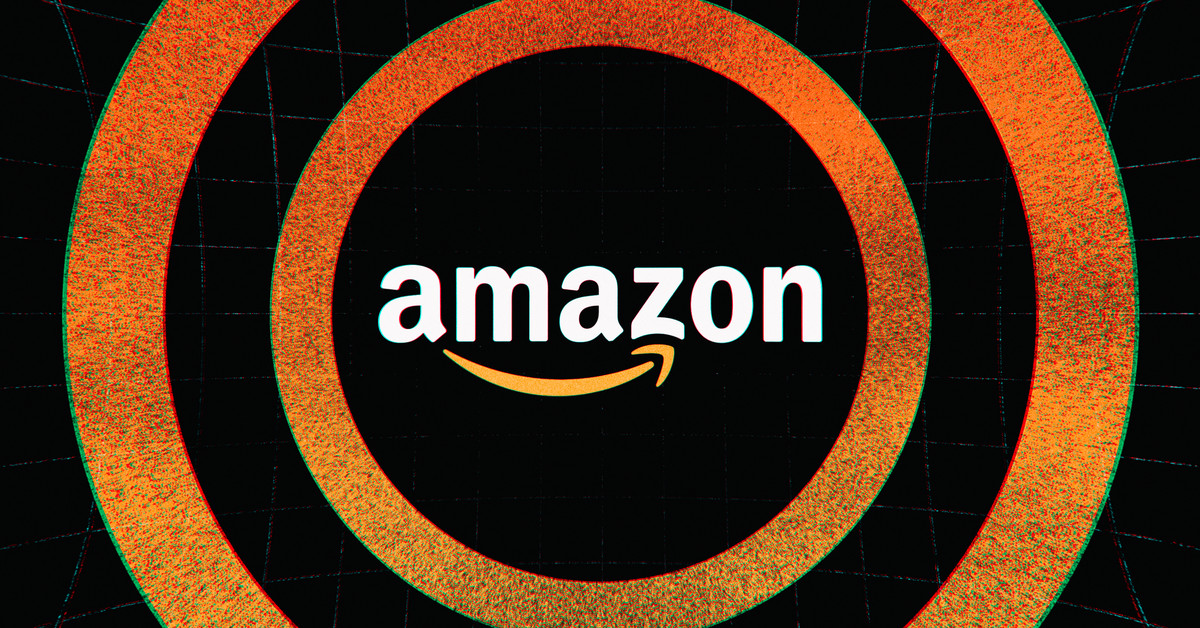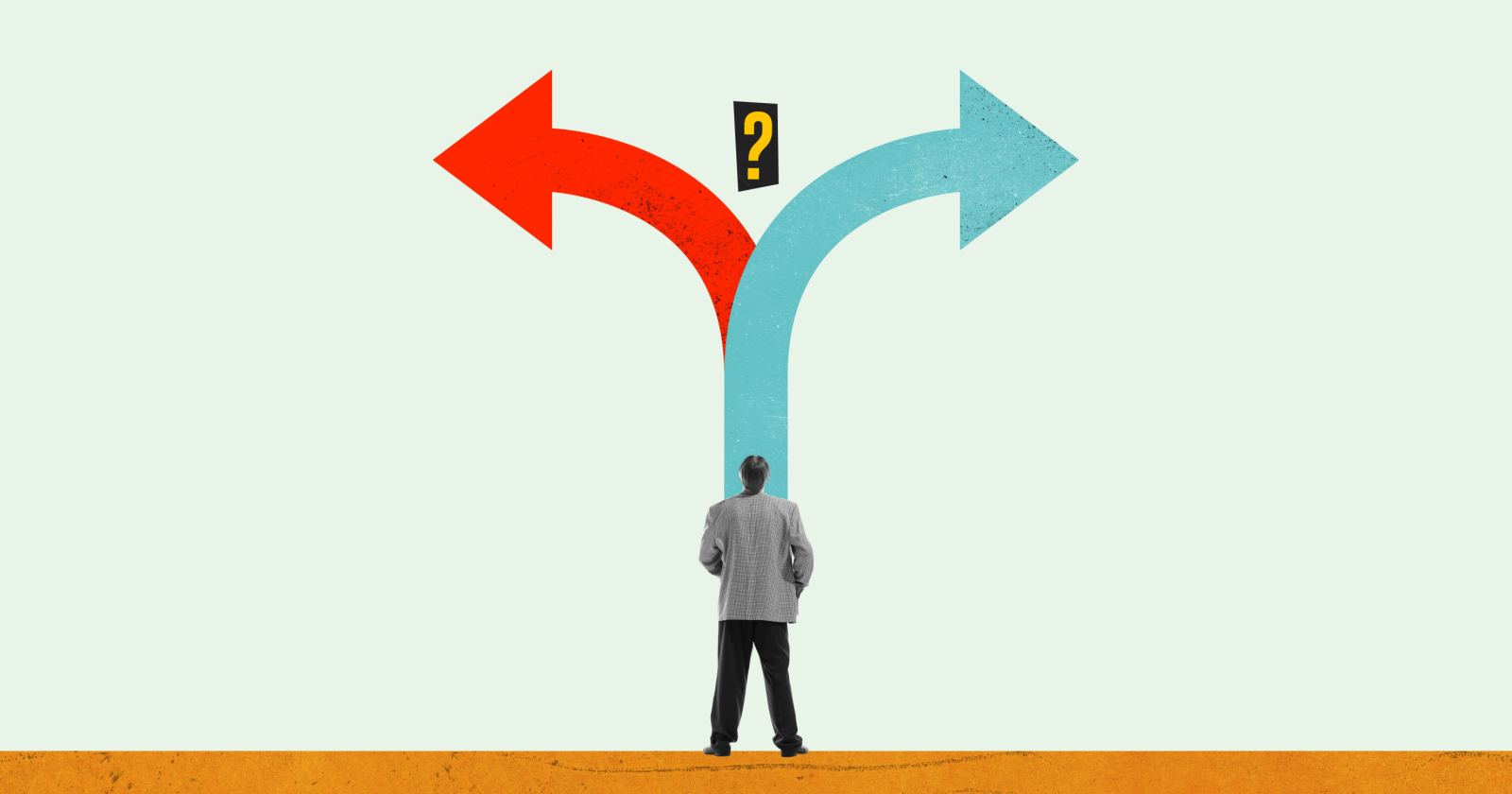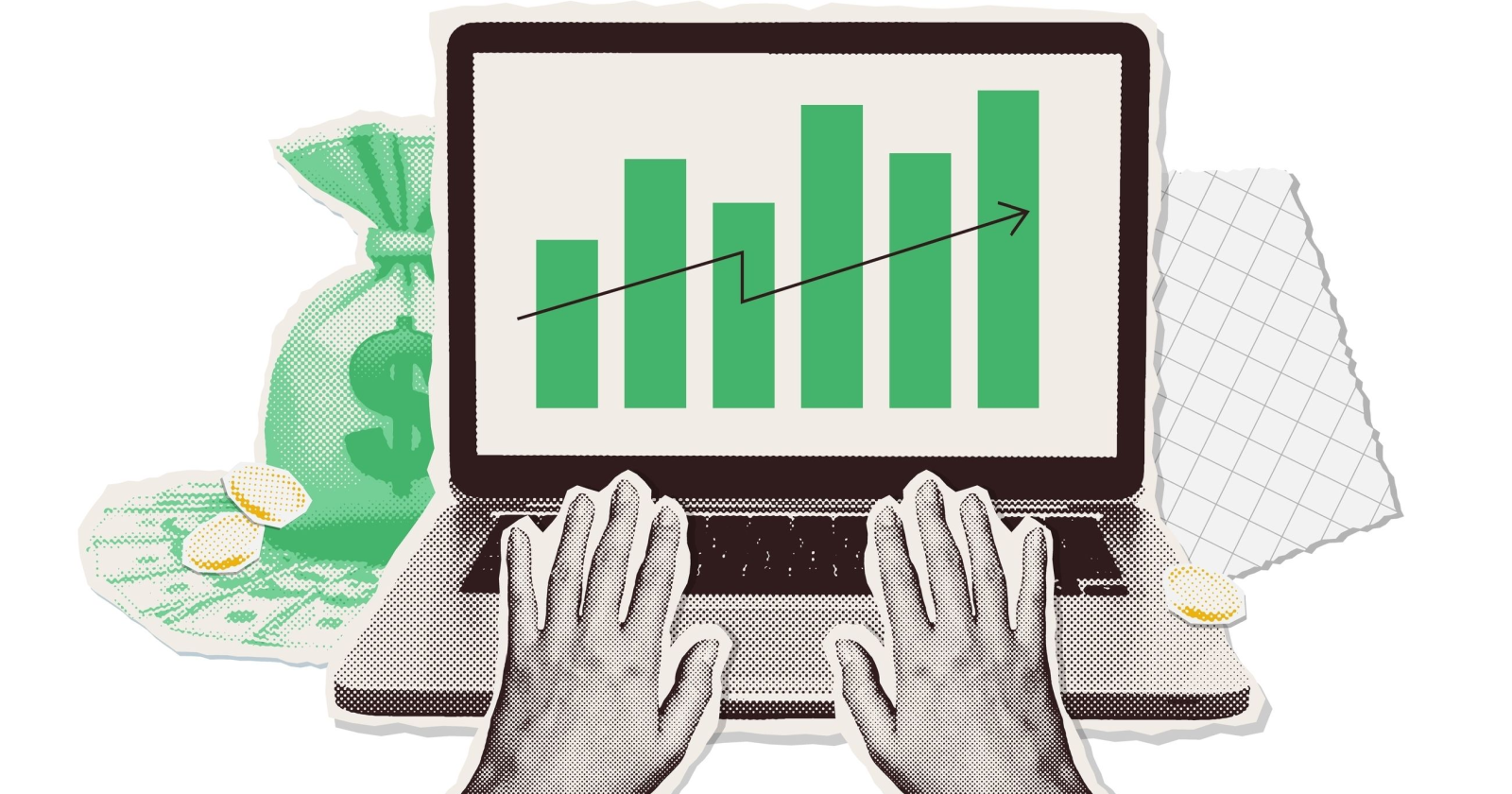Excel’s esports revolution is coming back to ESPN this week
You’ve never seen anyone Excel the way the pros Excel. | Image: The Financial Modeling World Cup/David PierceIt’s the Sheeter Bowl! The VLookup Cup! Merge Madness! Whatever you want to call it, the Excel World Championship is coming back...
/cdn.vox-cdn.com/uploads/chorus_asset/file/24825634/CleanShot_2023_08_02_at_10.57.20.png)
It’s the Sheeter Bowl! The VLookup Cup! Merge Madness! Whatever you want to call it, the Excel World Championship is coming back to ESPN this week. On Friday morning at 7AM ET, as part of ESPN’s annual “The Ocho” event, a few of the world’s foremost Excel experts will battle to solve puzzles on the biggest stage in sports.
The Ocho is an ESPN event designed to show off otherwise un-televised sports — Excel is on the docket alongside “2023 Slippery Stairs,” the “Pillow Fight Championship,” and competitions in everything from belt-sanding to sign spinning — but it’s still a big deal. When competitive Excel showed up on the network last year, the sport found a whole new audience. More than 800,000 people have since watched the full 2.5-hour competition on YouTube (ESPN showed a 30-minute edit of the battle), and the folks who started the World Championship say it changed the event’s trajectory forever.
But we’ll get to that. First things first: how in the world do you make Excel a competitive sport? The answer is by turning Excel into the world’s most powerful puzzle-solving system. The contestants in an event like the Excel World Championship are given what’s called a “case,” which could be almost anything. One case from last year’s competition required each player to figure out all the possible outcomes and associated rewards for a slot machine; another required modeling how a videogame character might navigate through an Excel-based level. A lot of cases involve chess, elections, or random-character generators of some kind. In every case, the contestants have 30 minutes to answer a series of questions worth up to 1,000 points. Most points wins.
This year, there’s a new wrinkle: it’s an elimination race. Every five minutes, the player with the fewest points will be eliminated until there’s only one Excel-er remaining. “We have already shot the game,” says Andrew Grigolyunovich, the founder and CEO of the Financial Modeling World Cup, the organization that oversees the event. It’s now being edited down for ESPN consumption, he says, and the whole match will come out on Friday as well. “It’s a really fun, exciting event.”
Last year’s competition featured some of the biggest names in Excel: Diarmuid Early, a financial and data consultant who several people I spoke to referred to as “the Michael Jordan of Excel;” Andrew Ngai, an actuary who is currently the top-ranked competitive Exceler in the world; David Brown, a University of Arizona professor who also leads a lot of the college-level Excel competitions; and more. (Spoiler alert: Ngai ended up winning.) All three feature in this year’s battle, too, along with five other spreadsheet whizzes.
This is all just one part of the competitive Excel world, too. There’s also the Financial Modeling World Cup itself, which has longer tasks that are more narrowly focused on actual financial modeling. The organization also runs educational programs for Excel users and a fast-growing competition for students. But these 30-minute smackdowns, which the FWMC refers to as “Excel Esports,” are where the really exciting stuff happens.
Most of the people who compete in Excel Esports and the FMWC do Excel for a living, which makes sense. Many are financial analysts of some kind, which also makes sense. But Excel is such a versatile, widely used piece of software that you don’t need financial expertise to have spreadsheeting expertise. So many people have at least a passing knowledge of the app that Oz du Soleil, one of the commentators for Excel Esports, says his goal is not to explain how Excel works or convince you that it’s cool but to simply narrate the drama inherent to the contest.
Excel is such a versatile piece of software that you don’t need financial expertise to have spreadsheeting expertise
“I hear from people who were just flipping the TV channels,” du Soleil says, “and are like, ‘Excel is on TV?!’ And so I’m thinking about how to engage them, but not bore the hell out of them talking about the difference between an outer join versus doing an Xlookup.” When he’s not commentating on these matches, du Soleil teaches Excel for a living and runs a YouTube channel called Excel on Fire. Like so many folks in this space, he’s devoted to the idea that the world runs on spreadsheets and that playing games in spreadsheets doesn’t have to be less cool than playing other games.
And ultimately, those involved with Excel Esports say Excel knowledge is only part of the game. Sure, it helps to know all the latest coding and formula-creation tricks, and you’re definitely going to need to be familiar with Excel’s bottomless library of keyboard shortcuts. But being good at Excel is like having the fanciest golf clubs on the course: it definitely helps, but it won’t win you anything by itself.
“If you ask the same question to five people who have Excel experience, they might think of five completely different ways to do it,” says Peter Scharl, an actuarial consultant who got hooked on competitive Excel after watching it on ESPN last year and is now the 8th-ranked player in the FMWC standings. “So it’s not necessarily just the person with the best Excel knowledge that’s going to win — if you’re a quick thinker and problem solver, you’ll have an advantage as well.”
Competitive Excel has been around for years, but last year’s appearance on ESPN was something of an inflection point for the game. This year’s televised match is just one part of a longer season, leading up to the really big show: the Microsoft Excel World Championship Finals in Las Vegas this December. For Grigolyunovich and the FMWC team, the hope is to one day not just get on ESPN during the network’s day of silly sports but to be as popular and exciting as any other game you might watch. And they think spreadsheets have everything they need to get there. “What would you rather do,” Brown says, “spend 1,000 hours getting good at Call of Duty or 1,000 hours playing Excel logic games?” To him, at least, the answer’s pretty obvious.

 JimMin
JimMin 
































